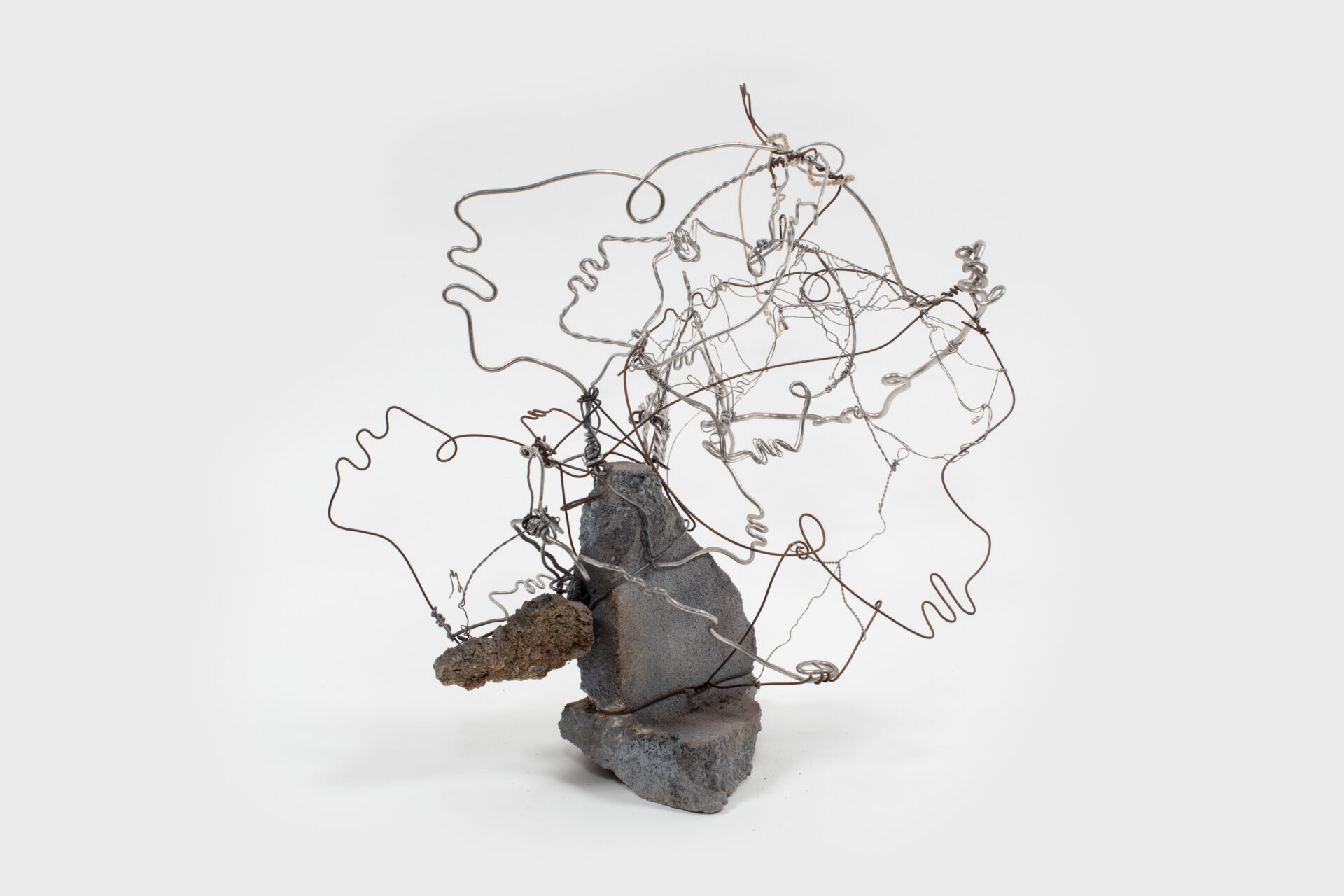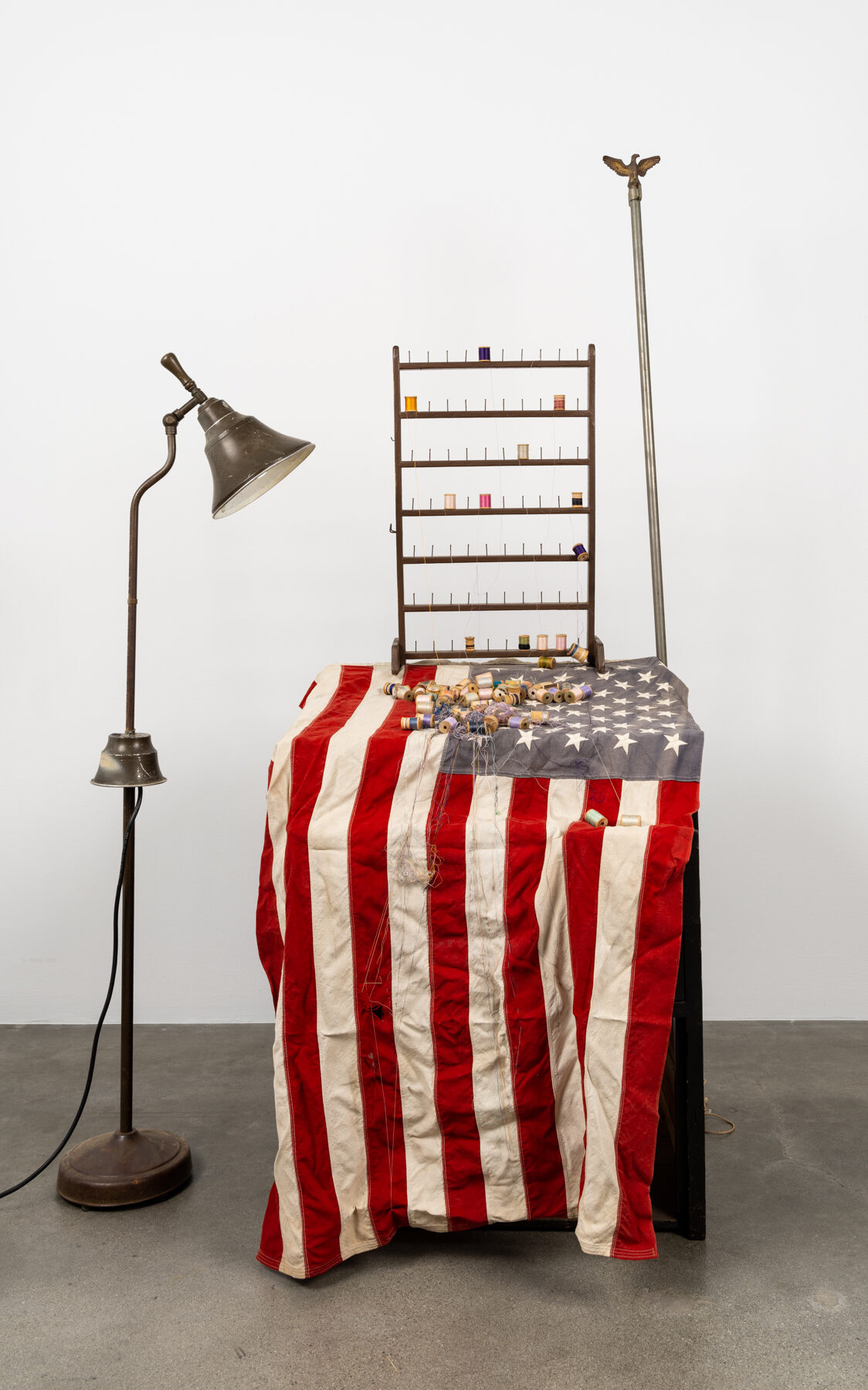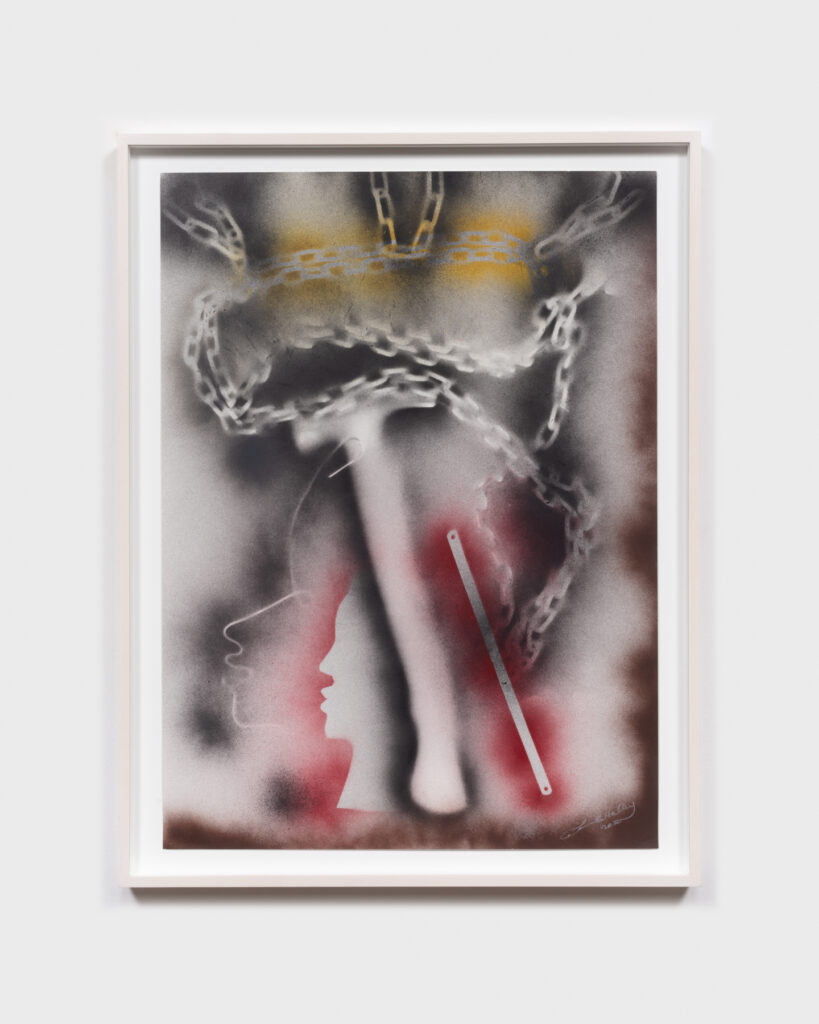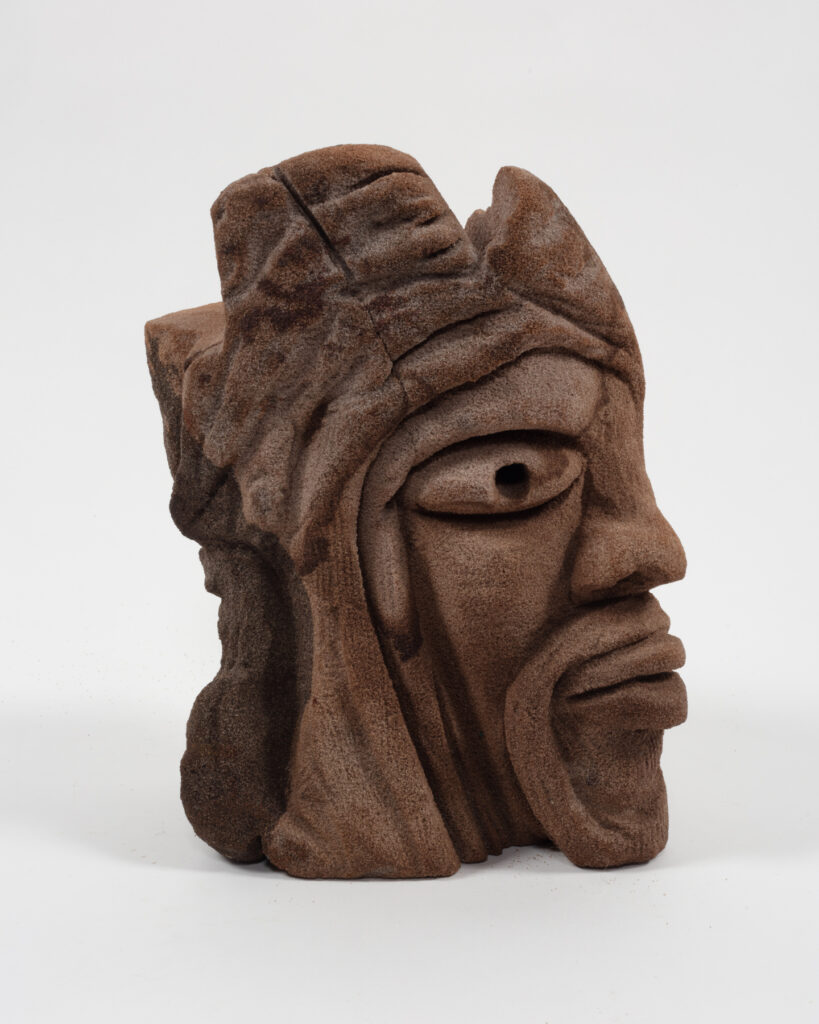Lonnie Holley on Improvisation and Personal Truth

Lonnie Holley's story is one of remarkable resilience. After experiencing extreme hardship growing up in 1950s Jim Crow-era Birmingham, Alabama, as the seventh of his mother's 27 children, Holley has forged a path as a self-taught musician and visual artist. This month, he is set to perform at Melbourne Recital Centre alongside Moor Mother and the Irreversible Entanglements. Like all his music, the performance will be completely improvised. Here, we learn why.
RW When you are performing on stage, you are often improvising. Do you think about the placement of each instrument and how it's going to sound?
LH No, I’m just going to get them on stage; I’m just going to start playing; I’m going to do a sound check; and in the process of sound checking, I’m going to get the clarity of the voices that are going to play together. I’m going to get clarity about how the musical objects are going to be sounding together. The artist that is going to be putting forth the most lyrics, which will be me, will be Mo Mother and her band, which will be a group of musicians, and they'll be listening. I have to open up both ears. I have to fully open up the gates of my ears, where all of [the sound] can rush to my brain and I can analyse it.
RW Is there ever a time when you are performing and feel stuck?
LH No, I don't ever hardly get stuck. That's the reason why I prefer to do individual pieces instead of trying to repeat anything, because I will probably have a problem trying to repeat it. But if I'm thoughtsmithing it, if I'm in that ocean of thought, I'm just diving in and grabbing off that carousel of thought and I'm grabbing these words and putting them together and then once I get them all together, boom, that piece of music is made.
RW And are those words or thoughts based on your life experiences? Or are they referencing the environment or the space that you are performing in?
LH It's about what the environment is offering me. It's about what the humanities are offering me. When I come to Australia, and I've been there quite a few times, it's about studying what is happening versus what was happening then. How many changes have been made?
RW How do you sense those changes?
LH It really takes a lot of study. I look forward to going to those places. I want to get deeper down by the shoreline. I don't know very much about the volcanoes that are [in Australia] or the threatening conditions from the soaked land, the crevices and the caves. There is so much geography that you have to study in order to be able to say, Okay, I can understand the territory. Or, study the land enough so you can go before the Elders with honour and appreciation. Higher levels of thinkers praise the truth. And when you bring the truth, they'll treat you right.
RW Do you think you ‘bring the truth’?
LH Hopefully, I do. Hopefully, the things that I put in museums around the world have a sense of the truth about them.
RW And what exactly is your truth?
LH My truth is material. Most of it is dead and gone. Or is left behind for other generations to deal with. But how do we deal with material unless we study it and get familiar with it? We have to get out and get involved with it. [We have to find] what is floating in the water, what comes from miles and miles and miles and miles around the planet and ends up on the shoreline; [we have to find] some of the faults of some of this material [and see] how it is affecting ocean life, the lifestyles of the birds and things like that. How are these things going to affect our whole planet in the future?
Lonnie Holley, Moor Mother and Irreversible Entanglements are performing at Melbourne Recital Centre on Wednesday, February 28. Tickets available.
Silently Serving at the Altar of the Dancefloor
By T.
Taking Punk by the Jugular with our Australian Rose AMY TAYLOR
By Hugh Rebeck
Collective escapism
By Hugh Barton
Charlotte de Witte: In the Age of Techno
By Rachel Weinberg
Photographer William Rice On His Zine O NOVO RIO
By Rachel Weinberg
Renée Estée’s Choral Ode
By Chloe Borich





